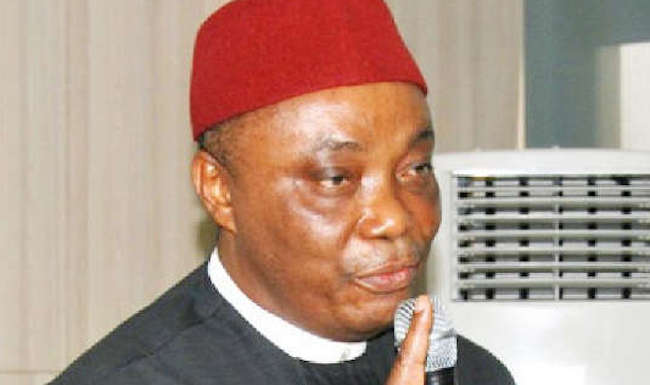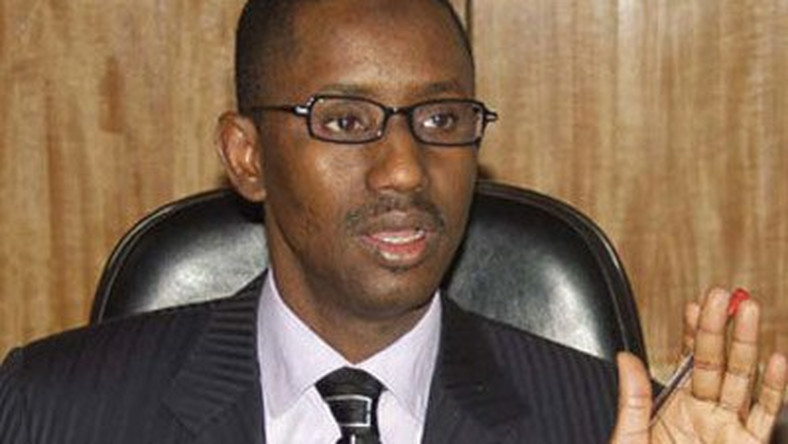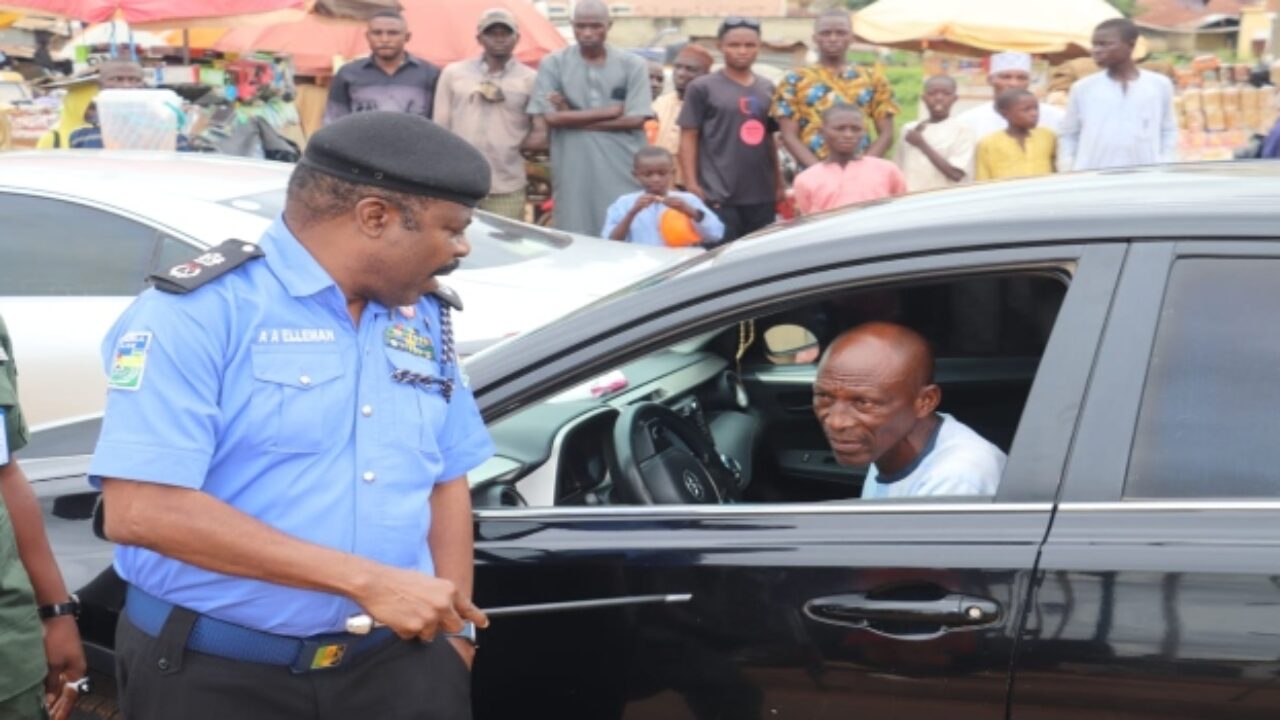In response to suggestions and proposals from state leaders on the occasion of Osun at 33, the Spokesperson to the state Governor, Mallam Olawale Rasheed has shed some light on the policy agenda of the Governor on the power sector, digital economy, climate change among others.
Addressing journalists on Wednesday at Osogbo, the Spokesperson explained that Governor Adeleke had taken proactive steps across the sectors by generating and adopting state policies in critical areas of importance to the development of a 21st century state economy.
He narrated that the Governor indeed broke new grounds by launching out the making of Osun state Electricity market policy and bill following the devolution of power generation and distribution to the concurrent legislative list of the 1999 constitution.
“Osun today has a draft legislation and policy framework for the power sector that will soon be submitted to the State House of Assembly for consideration and passage. The bill follows best practices and has passed through the state Ministry of Justice.
“The bill among others provides for the creation of a state electricity regulatory agency which will be performing the functions currently being done by the National Electricity Regulatory Commission (NERC). The commission will license power producers and regulate activities of power distribution company like Ibadan Disco.
“The Commission will supervise off-grid and mini-grid power generation and also regulate relationships between power producers and distributors. The bill creates an electricity market system which will robustly transform the energy space of Osun state. So Mr Governor has acted long before now on the issue of the power sector.
“In the area of digital economy, Mr Governor has indeed placed Osun on the global digital map. Before Governor Adeleke’s assumption of office, Osun had no state policy on ICT. As at today, Osun has a robust policy now set for implementation under ICT professionals of over 30 years experience.
“Additionally, before now, Osun had no state tech innovation policy designed to stimulate the innovation sector to boost the emerging multi billion dollar global digital economy. Osun now has an STI policy which was adopted after a rigorous public consultation and validation process. The implementation has started.
“And when you talk of a robust state plan for integrated economic development, Mr Governor has an activated policy plan, focussed on transforming Osun from its civil service focus to an agro based industrialized economy. State investment summit that has gained acceptance of western diplomatic community is holding this year.
“The agro agenda is well on course as to be witnessed this Friday when Mr Governor will unveil new acquired tractors. This is the first time Osun acquired new tractors in the last 13 years. Throughout the 12 years of APC government, no single tractor was purchased.
“Permit me to add that Mr Governor has also fractured maintenance and other issues into account. In fact, Mr Governor is working to get a tractor assembly plant operational here in Osun state.
“On the climate agenda, Osun is working to finalize the state climate change agenda under a world class consultant. A robust climate initiative is in the making to ensure Osun takes lead among subnational entities In Africa in the climate sector. Many materials in this line are online”, Mr Rasheed noted.
“On behalf of Mr Governor, many policy proposals from top citizens and leaders of the State are in tandem with ongoing programmes and policies of Mr Governor. Mr Governor is a policy addict in his own way with a high level of ambition in delivery of public service.
“For example, Governor Adeleke deeply believes in infrastructure upgrades to achieve economic revival. He always questions why our ancient towns are still largely underdeveloped, hence his idea of multi billion naira infra plan to strengthen the state’s socio and economic infrastructure.
“And to implement this plan, he also insisted on rigorous enforcement of local content policy. The implication is that the Osun fund is revolving within Osun and boosting the grassroots economy. Construction skills are being acquired, local technicians are being engaged and local suppliers are having good times.
“So the flyovers and dualised roads are not just fanciful projects. They are economic tools for economic development, trade, connectivity, tourism and cultural industry expansion. Mr Governor is a firm believer in the close link between good infrastructure and state economic development”, the Spokesperson told the journalists.
He concluded by declaring that at 33, Osun is on the path of sustainable development across the sectors.

 Headline6 days ago
Headline6 days ago
 Headline6 days ago
Headline6 days ago
 Headline4 days ago
Headline4 days ago
 Voice of Emancipation6 days ago
Voice of Emancipation6 days ago
 News6 days ago
News6 days ago
 National4 days ago
National4 days ago
 Headline3 days ago
Headline3 days ago
 Events6 days ago
Events6 days ago













